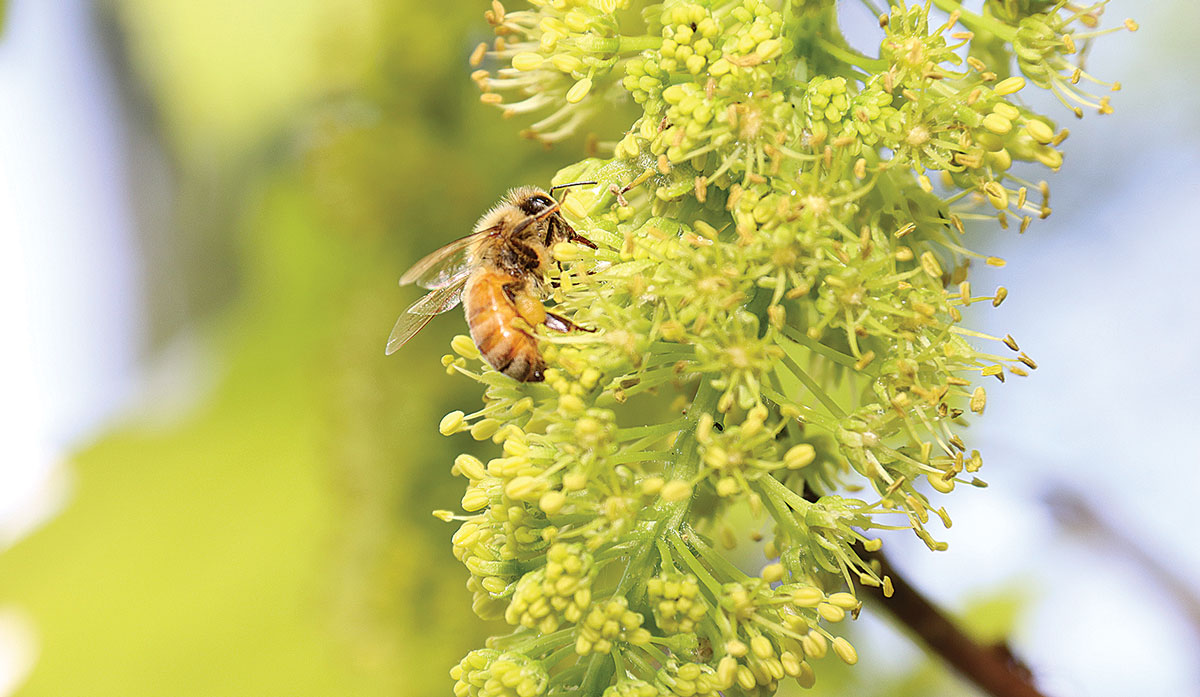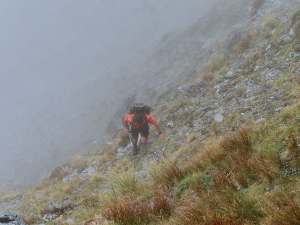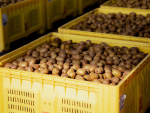A downturn in the honey market has the potential to cause a major biosecurity issue for the NZ bee industry.
ApicultureNZ (APINZ) chair Nathan Guy says with industry still facing hard times, some beekeepers are simply abandoning their hives in the bush.
With no control over these bees, Guy says many industry people are concerned that there could be an outbreak of varroa mite, American Foulbrood or – worse still – Tropilaelaps mites (see box). The latter is not in NZ or Australia but is present in Asia and with the lack of control of hives an outbreak could take place without anyone knowing until the disease takes hold.
About 10,000 people are involved in beekeeping in NZ, but Guy points out that around 7,000 of these have seven hives or less and are effectively hobbyists. This is the problem for APINZ, which is a voluntary membership organisation with about 2,500 members.
Some years ago, the honey industry rejected a proposal for a compulsory levy like DairyNZ and HortNZ. This means that while APINZ represents all those in the industry, only about a quarter of beekeepers pay for its existence.
“It would be great over time if more people joined APINZ, which is really the one-stop-shop for industry and has very strong relationships with government and – especially MPI and NZTE,” he told Hort News. “We provide great advocacy and information flows back to beekeepers.”
Guy says, along with biosecurity, the other big challenge for the honey industry is the lack of markets for honey. He says this dates back to 2020 when there was a bumper crop and then Covid hit, which created some major complications. He says there is quite a bit of honey stockpiled in factories and sheds still waiting to find a market.
“I always thought honey could last for quite a long time, but in fact the properties change over one to two years, so there is quite a bit of blending going on with honey to get it into certain markets,” he explains. “With the change in properties comes a change in quality and the subsequent lower price after a few years.”
The slump in honey prices has seen a drop in the number of hives in the industry. Guy says these once numbered over a million but are now down to around 700,000. He says that’s not necessarily a bad thing because there is still the opportunity to produce the same amount of honey with fewer hives.
“But I think for a lot of honey producers it’s a challenge getting the product to market.”
Looking Forward
For a number of years now, APINZ has been trying to get on top of the industry’s problems and is in the process of completing a strategic plan to map the way forward.
Guy says the recent Free Trade Agreements (FTAs) with Britain and the European Union, which will see the tariffs on honey lifted, will open up new opportunities. However, he warns that the industry has to be very focused on the big picture.
“The industry has got to be careful that it continues to add value to product and not commodity and bulk,” Guy told Hort News. “It must have a fair line of sight as to what the customer and consumer wants, so therein lies a challenge and it’s easy to talk about, but quite hard to deliver.”
With the pressure on the honey industry, many beekeepers are moving into the pollination business. Guy says pollination for agriculture and horticulture each year generates about $7 billion.
“But pollination is quite hard on the bees, especially if they are under nets, because their wings get beaten up,” he explains.
It is not easy for a bee to do pollination. In fact it’s quite hard on them. But it is a very important service that is provided and not one that is well understood. I think there is an opportunity to raise awareness about it.”
Meanwhile, Guy says it’s very important for the industry and government to be vigilant on the issue of biosecurity.
“The industry has to focus on beekeepers and the Government on protecting the border.”
Big Risk
Tropilaelaps mites are native to Asia and naturally parasitise the brood of the Giant honey bees of Asia, such as Apis dorsata.
Two species of Tropilaelaps mites (T. clareae and T. mercedesae) are also able to parasitise European honey bees (Apis mellifera). Tropilaelaps mites are external parasitic mites that feed on the haemolymph (blood) of drone and worker bee pupae, as well as reproduce on honey bee brood.
Tropilaelaps mite infestation causes severe damage to honey bee colonies, such as deformed pupae and adults (stunting, damaged wings/legs/abdomens), parasitic mite syndrome (PMS) and colony decline. The colony may also swarm or abscond, further spreading the mite to new locations. Tropilaelaps mites can also spread viruses, which further affect the colony’s health and disease susceptibility.



















